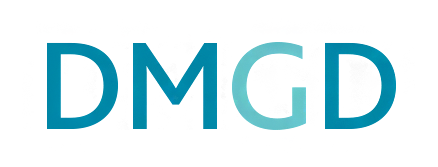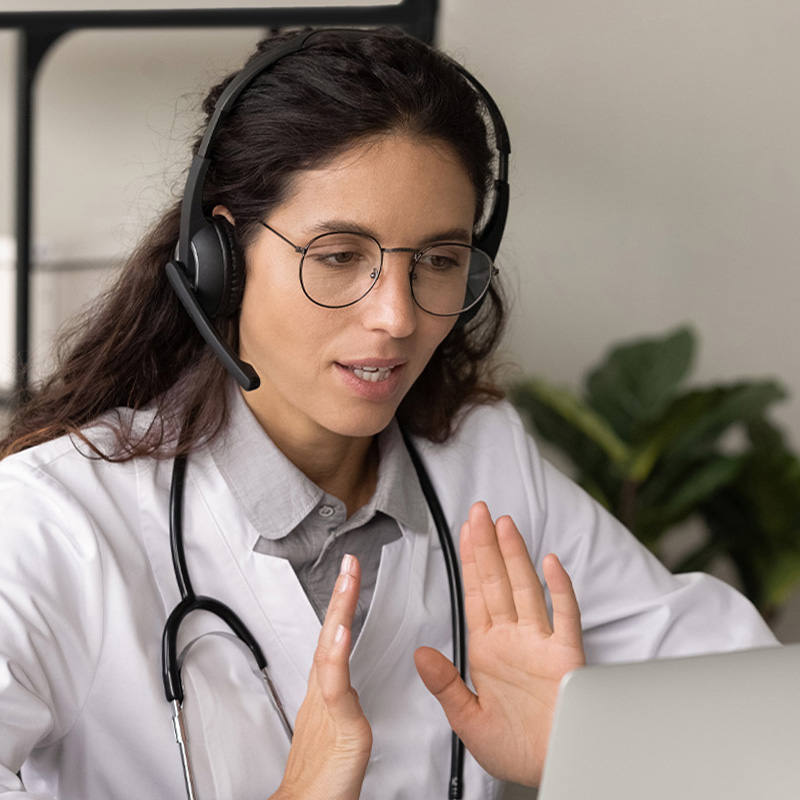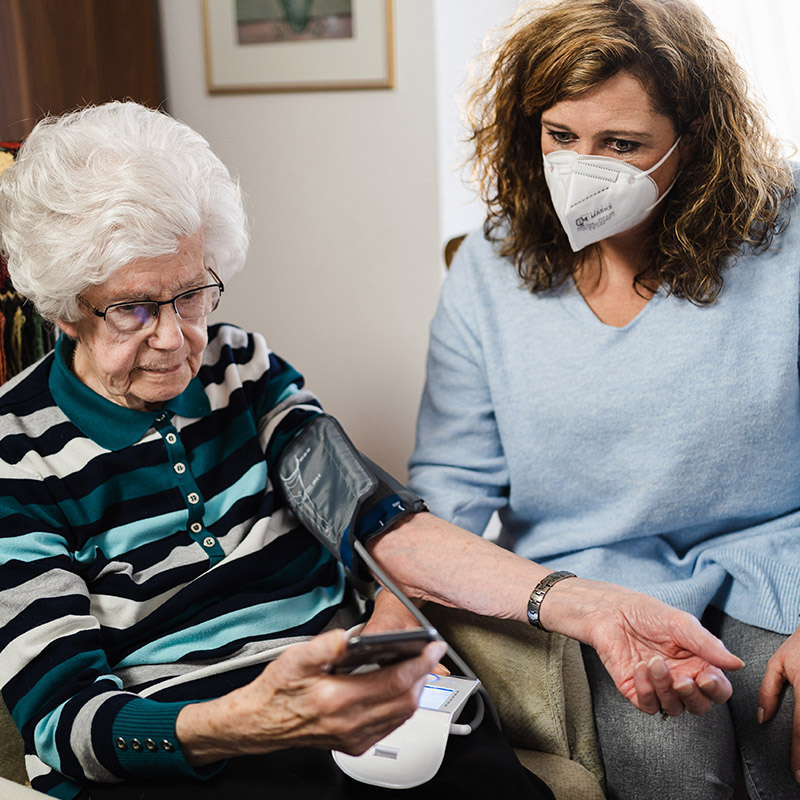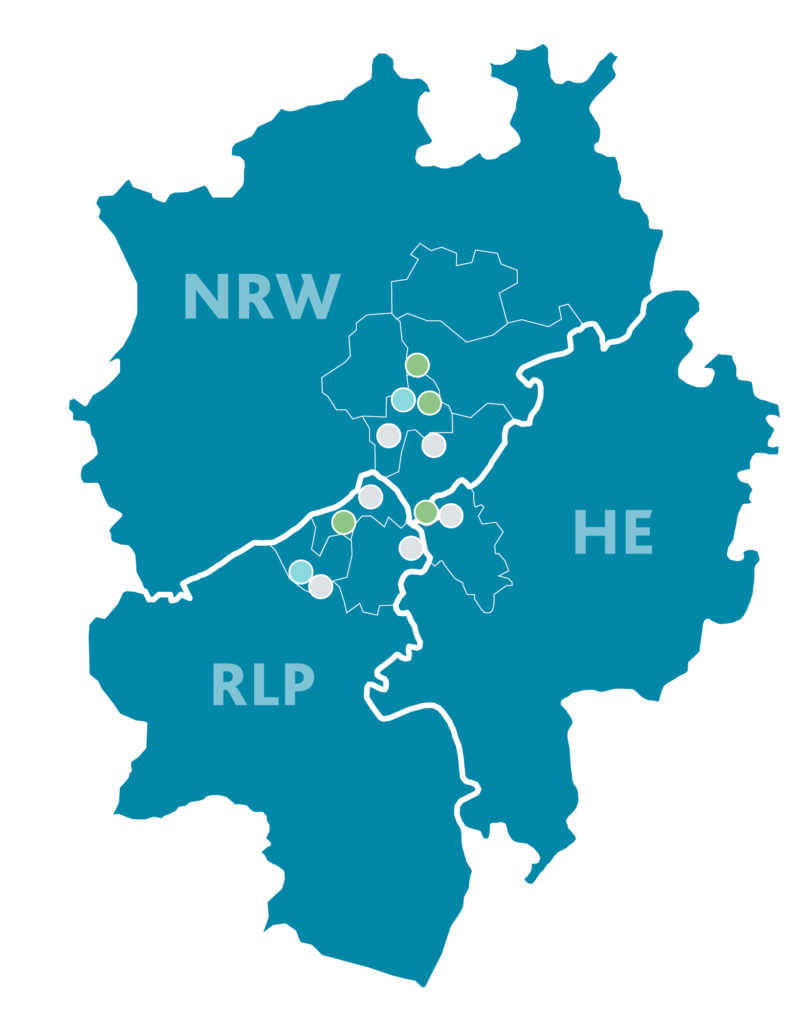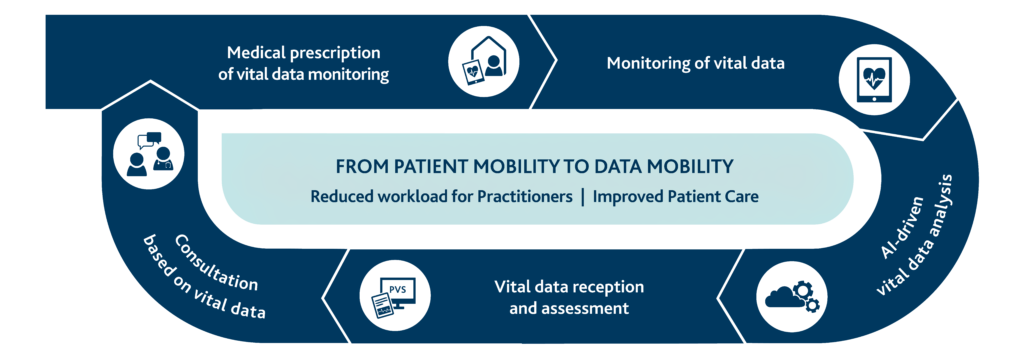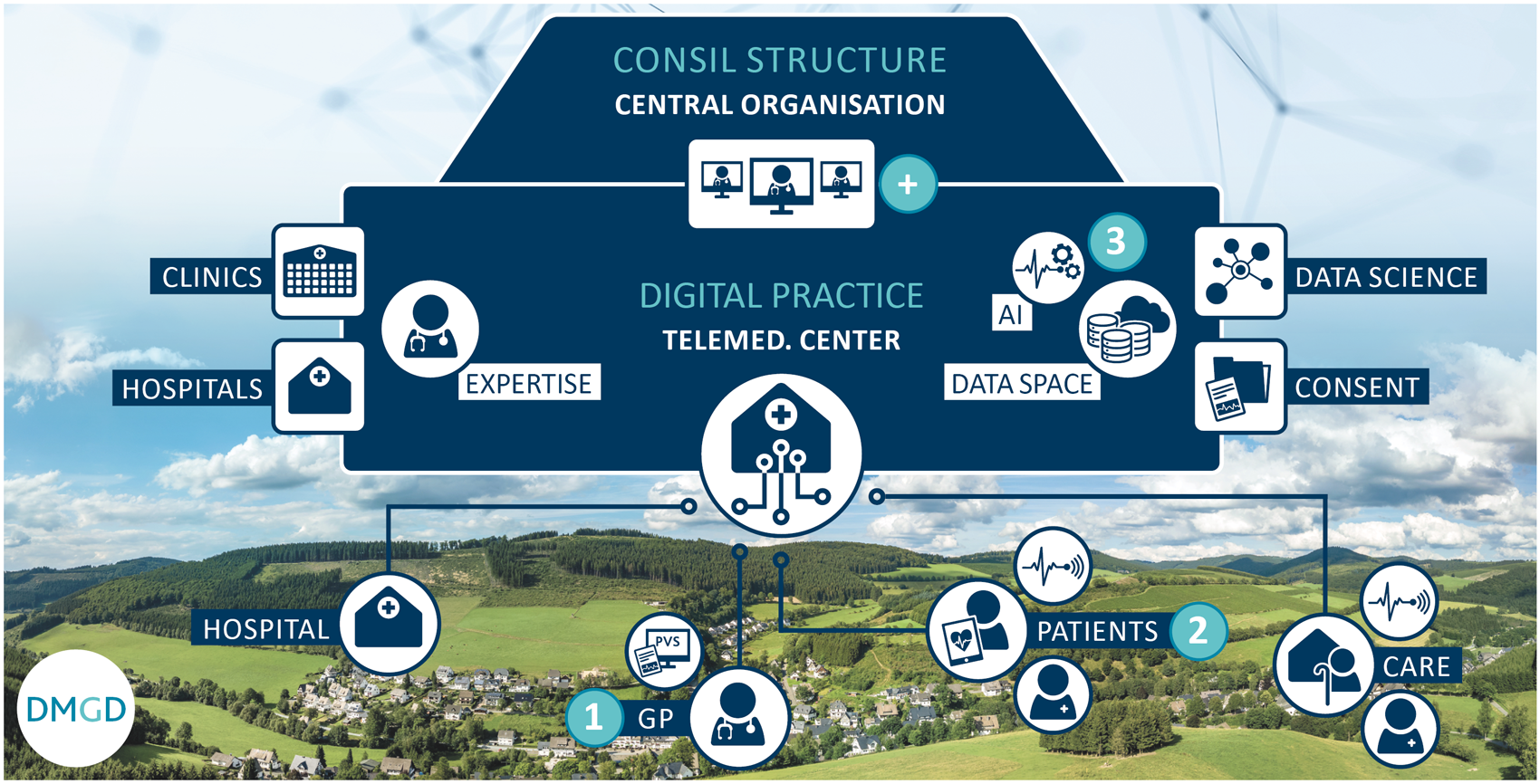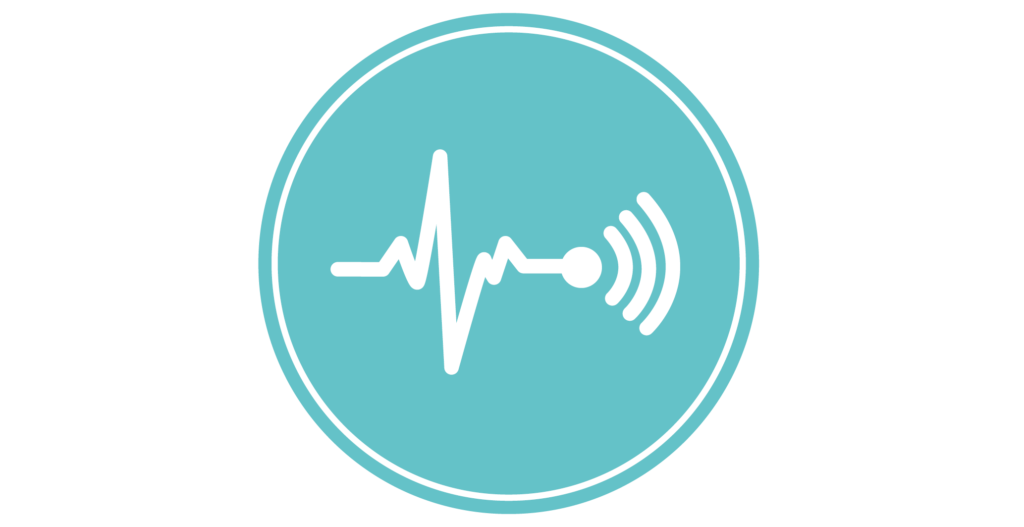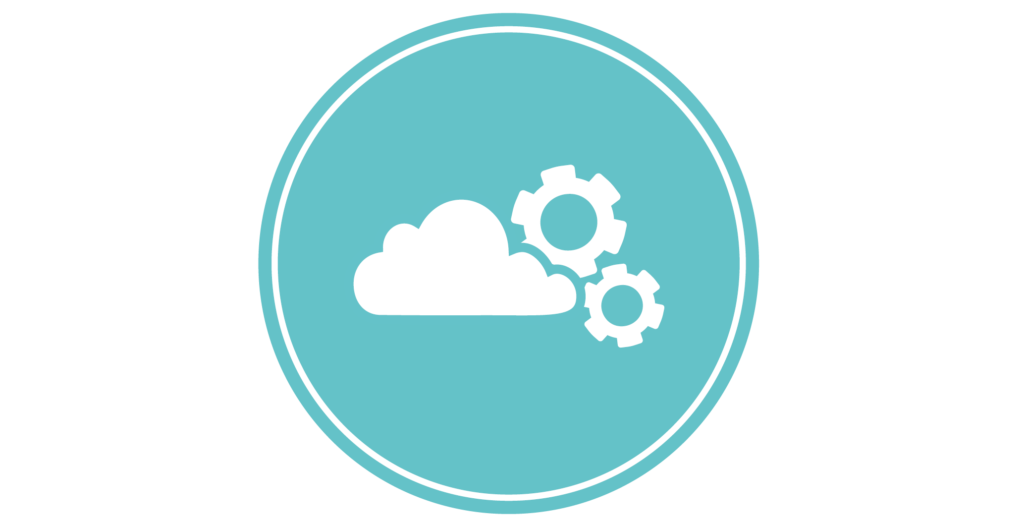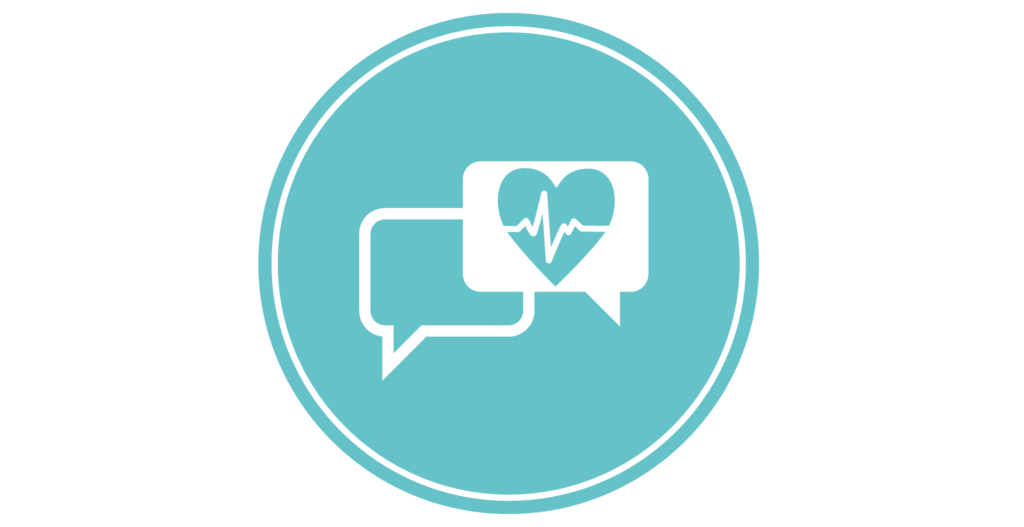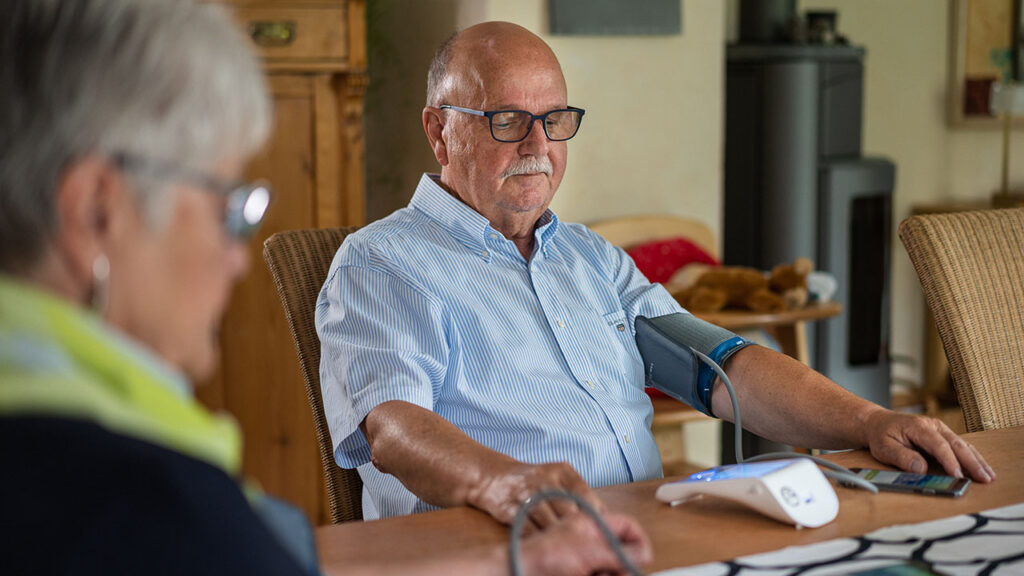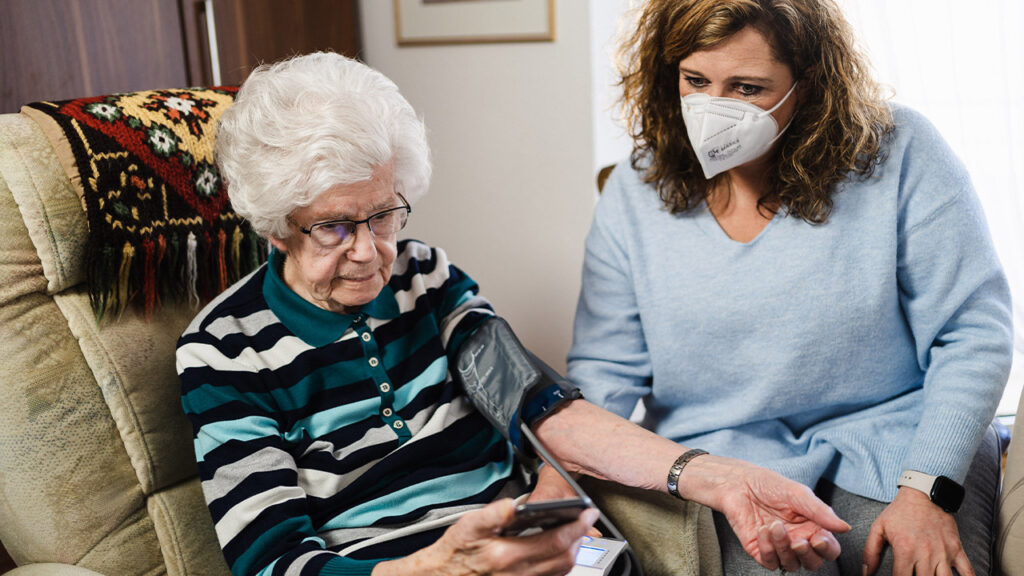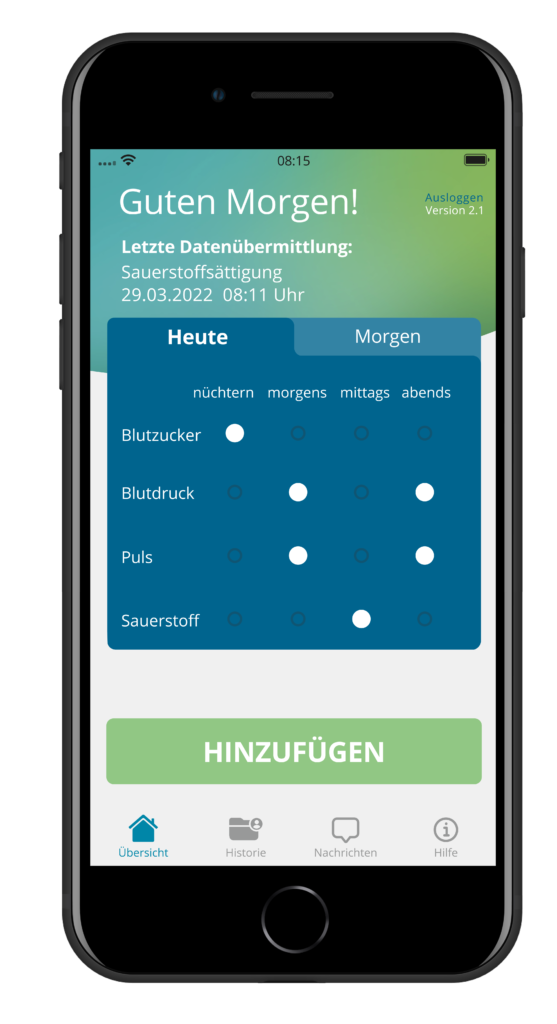The DMGD, Digital Model Region Healthcare Tripoint, is a research focus of the University of Siegen.
It is responding to the challenges facing the health sector: Especially in rural areas, fewer and fewer general practitioners (GPs) are setting up practice. At the same time, the patient bases the existing practices have to care for are growing. Modern digital technologies may have the potential to ensure health care in the long term, even in rural areas, and can relieve the burden on staff as well as on stakeholders in the health system.
Read more about our concept of a digitally supported healthcare process, our projects in the region around Siegen, e. g. DataHealth, and the research group “Digital Practice”:

